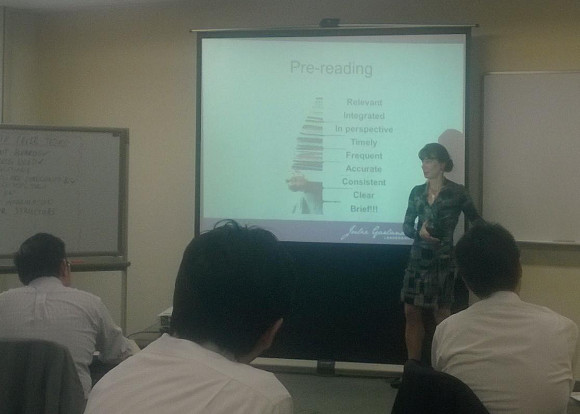Dear reader,
Welcome to the May 2014 edition of The Director’s Dilemma. To read this email in your browser, go to www.mclellan.com.au/newsletter.html and click on ‘read the latest issue’.
This month our dilemma is about the complex structures of boards in some not-for-profit organisations. As always, it is a true story which has been made anonymous so that we can all benefit from the learning experience. I am, as always, truly grateful to the reader who sent it in to me.
Feel free to email me with dilemmas of your own and articles of interest about boards and governance. By sharing our problems, ideas and experience we can all advance.
Consider: What would you advise a friend to do under these circumstances?
Genna is a member of a professional association and works at a senior executive level in a large consulting firm. She has recently decided that she would like to become a non-executive director and has taken some courses of study to qualify her for those roles. A mentor suggested that she put her name forward for service as an elected member of the board of her professional association to gain experience. Her firm has strict rules prohibiting commercial directorships but encourages staff to take on community or professional roles.
On doing some due diligence Genna discovered that the association had changed its governance arrangements recently and now has State Committees elected by the members in each state reporting to a national CEO. Committee Members are elected for a two year term with the option of renewal for a further two years subject to the consent of the CEO. The CEO reports to an elected National Board with members elected by all of members nationally with elections every two years.
Genna is puzzled. She doesn’t like the idea of an elected body reporting to an executive. Further, there are no links between the State Committees and the National board with members of either one obliged to resign if they wish to nominate for the other. She doesn’t know if she should aim for a national role where the governance arrangements are clear or if she should start, as she had intended, at the State level.
What should Genna do?



